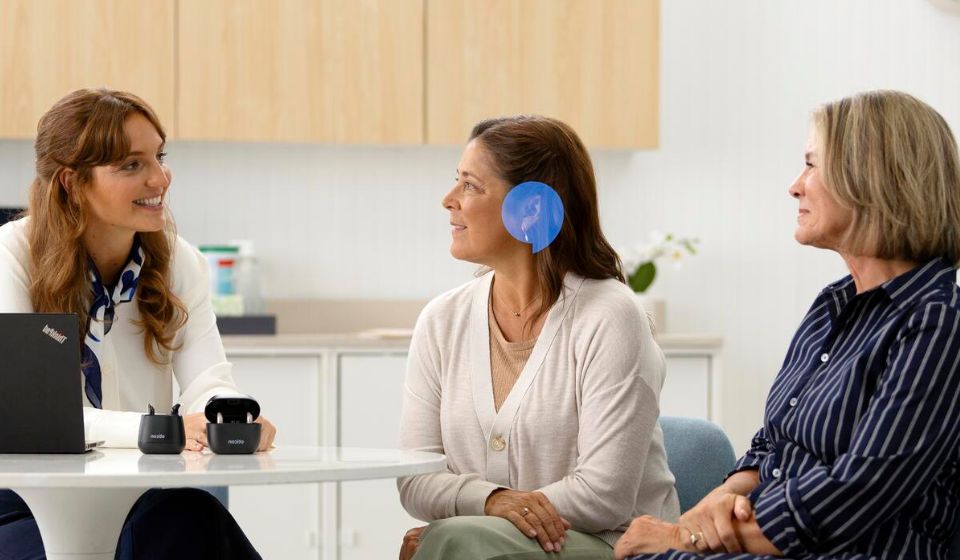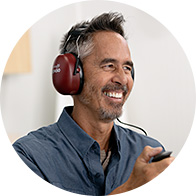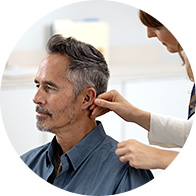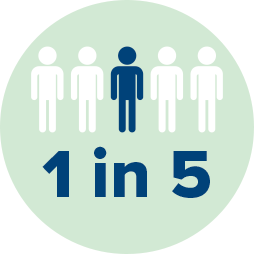What is hearing loss?
Hearing loss is defined as a certain level of reduced hearing in one or both ears. According to the Irish Society of Hearing Aid Audiologists, permanent acquired hearing loss affects one in 12 of the adult population in Ireland. This rises to 50% in the over 70-age group.
People can experience bilateral or unilateral hearing loss. Unilateral hearing loss, also known as single sided deafness, is the partial or complete loss of hearing in one ear. This type of hearing loss can be quite common and can be triggered by the following causes:
- It can be inherited (as other types of genetic hearing loss)
- It can occur as a result of a trauma or injury to the head
- An acoustic neuroma often results in a unilateral hearing loss
- If can be caused by an infection
Bilateral hearing loss is where hearing loss occurs in both ears. The level of hearing loss can either be symmetrical where the same degree of hearing loss occurs in both ears or asymmetrical where sounds are experienced differently in both ears.
There are also three types of hearing loss which are listed below.
























